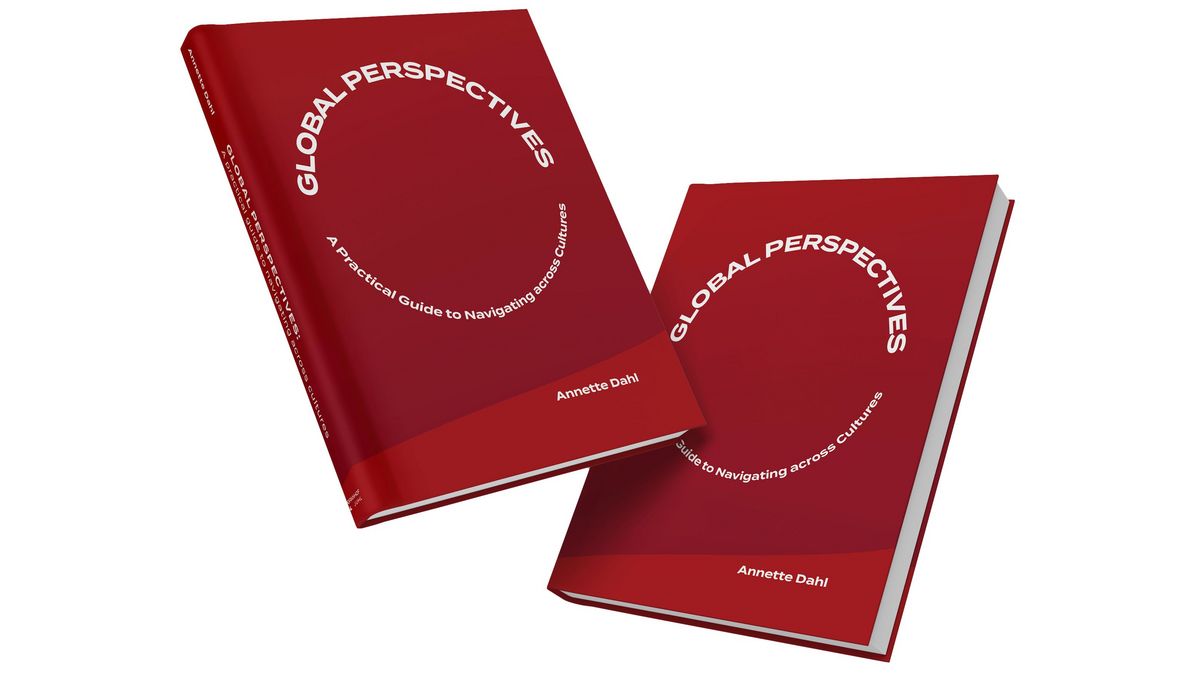Do you work across cultures?
Then the awareness of what you know about your own culture and what you know about your colleagues' or business partners' culture is a key to success.
But it can be difficult to maintain that awareness in a busy global workday. Really difficult. That's why we in C3 Consulting have developed a tool to help you: 'The Cultural Investigator'.
The Cultural Investigator has 3 characteristics: He/she is curious, explorative and courageous. And you should be the same if you want to be successful when working globally!
Read on to find out why.
Be Curious
When you work globally, you’ll probably experience that sometimes things don't go as planned. Your business partner on the other side of the globe doesn’t stick to the agreed deadline. Or when you launch a new initiative, the employees of your global subsidiaries react very differently than you expected.
That can be frustrating. And your first thought might be: Why don't they just do as we do?
Then it’s time to put on your investigator hat! With the investigator in mind you step back and instead think: Whoa, what just happened there? And why did it actually happen?
And then you start asking a lot of curious and clarifying questions to the situation.
Your questions should not just examine why your global counterparts behave as they do, but equally why you react as you do.
Because all cultural understanding begins with self-understanding, you first need to ask questions about what's typical for your own culture – e.g. how you typically manage a project group, communicate, hold meetings, onboard new colleagues, or what the situation might be about.
And then you ask the same questions to the other culture – what's typical for their way of doing things?
You may discover that your global colleagues/partners typically do things in a way completely different from what you’re used to. Then be sure to remember: It's not about 'the right' or 'the wrong' way of doing things. It's about different ways of doing things.
Once you’ve asked what you know about both your own and your global colleagues' or partners' culture, you should also ask what you DON'T know about each other's cultures, using questions like:
- What do WE know, which we know, that they don't know?
- What do THEY know, which they know, that we don't know?
- What do WE think they know, which they actually don't know?
- What do THEY think we know, which we actually don't know?
You’ll often realize that there are a lot of things that you DON'T know. That’s an important step. Because now you KNOW what you actually DON'T know. Then you can start to find out, which leads us to the Cultural Investigator's second characteristic.
Be Explorative
When you’ve asked a lot of curious questions and realized that you don't know all the answers – what do you do?
You simply go and ask!
If you just assume that your global colleagues/partners do things like you do – because it's common sense to do like that – then you'll often go wrong.
An example:
You are a Danish team leader working with a Hungarian project team, who are facing a new task. So you tell them: "The three of you, can you please solve this task together? Just try out some different things to see what works best. If you have any questions along the way then just get back to me."
Based on your Danish 'common sense' you believe that of course they figure out for themselves who does what, you shouldn't interfere with that. They do have ‘freedom under responsibility’, and it’ll be motivating for them to solve the task together without micromanagement from you.
The following weeks you don’t get any questions from the project team, and you believe the task is progressing as planned. After three weeks you go to Hungary and expect a presentation on where the team is with the new task – and you’re more than surprised to discover, that they almost haven't started yet.
Luckily you can now put on your investigator hat and ask: What just happened? So you start asking a lot of curious questions and dig in to explore what's at stake.
Eventually you realize that the Hungarian project team perceive the situation in a completely different way:
"It seems very strange that the three of us have to figure out by ourselves who does what. We must even take several difficult decisions along the way – that should be our team leader's responsibility, not our responsibility! And we also need a lot of information which we haven't received. Anyway, the task can't be that important when our team leader hasn’t even followed up on it."
If you’re really skilled, you dig even deeper to explore which cultural values lie behind your project team's version of 'common sense'. What's the background? What's the reason? Why doesn’t responsibility seem like a good thing to have for the team members? And why do they prefer NOT to decide by themselves who in the team does what?
And next time you collaborate cross-culturally, you know that you shouldn’t take a lot of things for granted because that can lead to misunderstandings. Instead, you should tell how you typically do things and ask how your global partners/colleagues typically do things – and why they do as they do.
Don’t ever expect that you automatically receive all the information you need. Instead, take responsibility for the situation and seek out the information yourself.
WHERE, WHEN and HOW should you then tell about your own culture and ask how you do things in the other culture? That’s again VERY different from culture to culture, and it's important that you ask your questions in a culturally intelligent way! Get inspiration on how to do it in this video blog post and in this article.
Be Courageous
If you’re curious and explorative you’ll get a lot of new knowledge. The next step is to have the courage to bring the new knowledge into play.
This is the Cultural Investigator's third characteristic: Courage.
When you work across cultures, you shouldn’t always just do what you're used to do, or what feels ‘safest’ to do. You need to have the courage to do things in a completely different way than what you're used to and try out entirely new approaches.
When you try out new things, you won't always succeed. Then try doing something different. Other times you might achieve exactly the results, you were looking for. Then try doing the same thing again!
This kind of trial and error takes a great personal courage. Because you’re leaving your comfort zone. And because you’ll then do things differently from your local colleagues, and that's not always popular!
However, this is where things really take off in your global work: When you have the courage to actively use all the new information that you have received by being curious and explorative.
Then you can adapt your communication and actions in order to gain far better results when you have meetings with your global employees, are about to set up production in China, are closing an important deal with your Brazilian client, or what your global tasks might be.
If you try out using the Cultural Investigator – or already know it and have used the model – I would love to hear about it! Share your experiences and input on LinkedIn – or email me at ad@c3consulting.dk.
I’m looking forward to hearing from you!
Annette Dahl, CEO and Chief Trainer at C3 Consulting
Like to learn more about how to be successful when working globally?
- See our wide range of cross-cultural training programmes here
- Contact us for a chat about how we can tailor a training programme to your specific needs
- Follow us on LinkedIn – and sign up for our newsletter using the form below


